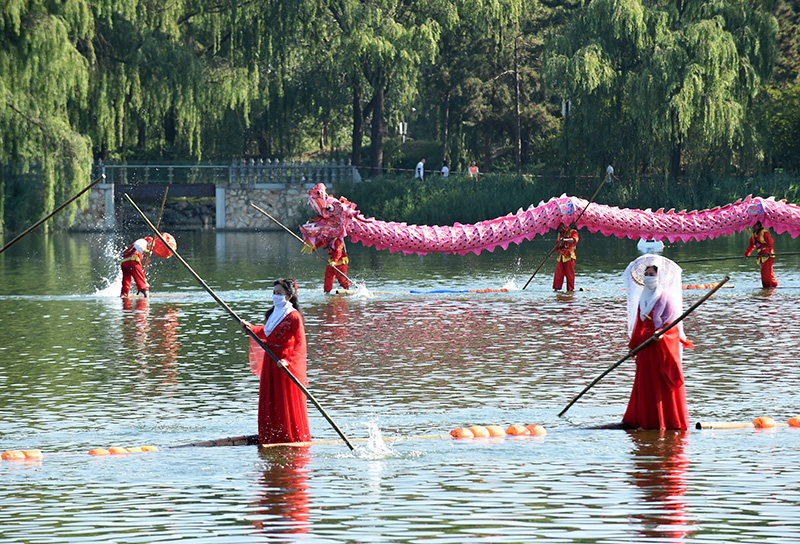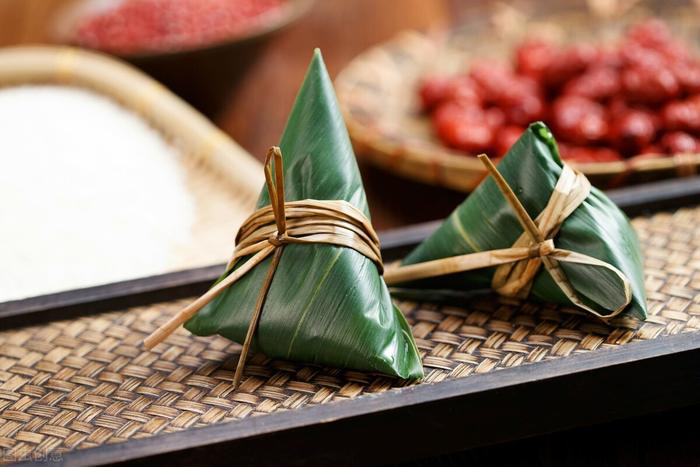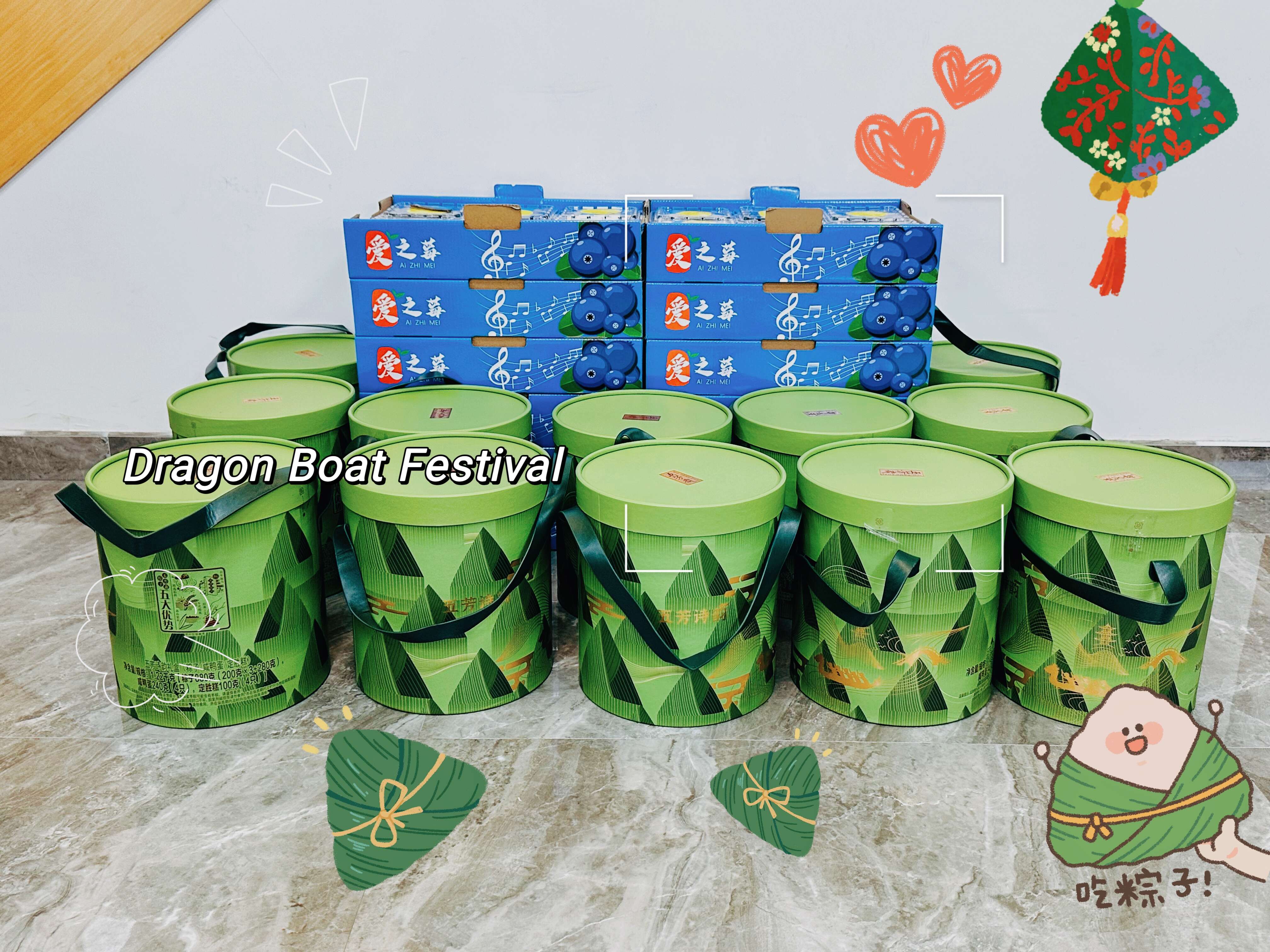Dragon Boat Festival
The Dragon Boat Festival is held on the fifth day of the fifth lunar month every year. According to the "Jingchu Sui Shi Ji", because people climb mountains in midsummer when the sun is high in the sky, and May is midsummer, the early afternoon is the best time to climb mountains, so the fifth day of May is also called the "Dragon Boat Festival". In addition, the Dragon Boat Festival is also known as the "Fifth Day Festival, May Festival, Dragon Boat Festival, Orchid Bathing Festival" and other titles. The Dragon Boat Festival is a traditional cultural festival popular in China and other countries in the Chinese character cultural circle.

Introduction
Celebrating the Dragon Boat Festival has been a traditional custom of the Chinese for more than 2,000 years. Due to the vast territory, numerous ethnic groups, and many stories and legends, not only are there many different festival names, but also different customs in different places. Its main contents include: daughters returning to their parents' homes, hanging up Zhong Kui images, welcoming ghost ships, hiding from noon, posting noon leaf charms, hanging up calamus and mugwort, exorcising all diseases, wearing sachets, preparing sacrificial offerings, dragon boat racing, martial arts competitions, hitting balls, swinging on swings, applying realgar to children, drinking realgar wine and calamus wine, eating five-poison cakes, salted eggs, rice dumplings and seasonal fresh fruits, etc. Except for the superstitious activities that have gradually disappeared, the rest are still popular in various parts of China and neighboring countries. Some activities, such as dragon boat racing, have been newly developed, breaking through the boundaries of time and region and becoming international sports events.

Origin
The Dragon Boat Festival originated in China. It was originally a festival for totem worship held by tribes worshiping dragon totems in the ancient Baiyue region (the middle and lower reaches of the Yangtze River and the area to the south). Before the Spring and Autumn Period, the Baiyue region had the custom of holding tribal totem worship in the form of dragon boat racing on the fifth day of the fifth lunar month. Later, because the poet Qu Yuan of the Chu State (now Hubei) in the Warring States Period committed suicide by jumping into the Miluo River with a stone on that day, the rulers used the Dragon Boat Festival as a festival to commemorate Qu Yuan in order to establish a label of loyalty and patriotism; some regions also have the saying of commemorating Wu Zixu and Cao E.

The Dragon Boat Festival is known as one of the four traditional festivals of the Han Chinese, along with the Spring Festival, Qingming Festival, and Mid-Autumn Festival. Since ancient times, there have been festival activities such as dragon boat racing and eating zongzi on the Dragon Boat Festival. Since 2008, the Dragon Boat Festival has been listed as a national statutory holiday. In May 2006, the State Council included it in the first batch of national intangible cultural heritage lists; in September 2009, UNESCO formally reviewed and approved the inclusion of the Chinese Dragon Boat Festival in the World Intangible Cultural Heritage, making it the first festival in China to be selected as a world intangible cultural heritage.
